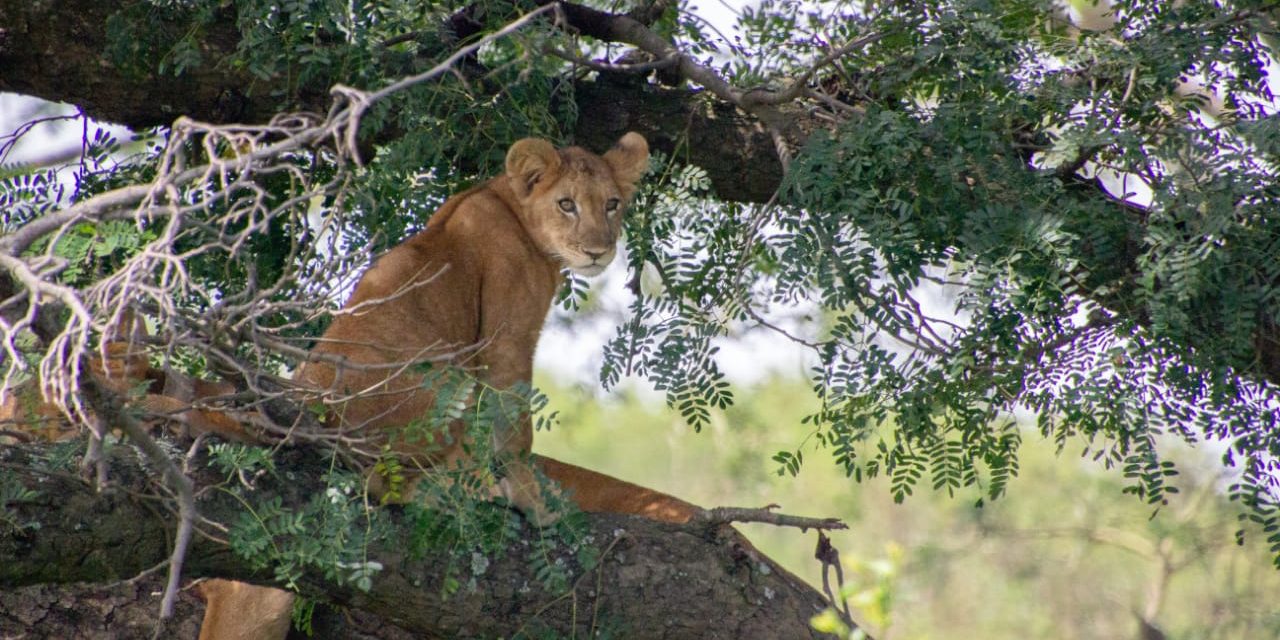The Batwa Tribe of Bwindi Impenetrable National Park
Within the depths of Bwindi Impenetrable National Park in southwestern Uganda resides a hidden culture of the Batwa tribe often referred to as the “Pygmies”. The Batwa have been the guardians of this dense, ancient jungle and the keepers of their unique heritage. In this article, we will delve into the history, culture, and the challenges faced by the Batwa tribe in the context of their connection to Bwindi Impenetrable National Park.
Unearthing the Historical Roots of the Batwa in Bwindi: Jungle Dwellers
The Batwa are a community with deep-rooted origins in the ancient forests of Bwindi. Their history extends back through countless generations, living in harmony with the dense jungles of Uganda, Rwanda, and the Democratic Republic of Congo. For the Batwa, life has centered on the forest, with their remarkable knowledge of its flora and fauna passed down from their forebears.
The Batwa’s culture is a treasure trove of traditions and practices that revolve around their intimate connection with the forest. They practiced animism, a spiritual belief that recognized the presence of spirits in all aspects of the natural world. This belief system shaped their rituals and daily lives, emphasizing their profound connection to the forest.
Their way of life was communal, with small, tightly-knit groups sharing everything. They were skilled hunters and gatherers, relying on their forest expertise to provide for their communities. The Batwa’s cultural expression found its heart in music and dance, with vibrant traditions celebrated through the rhythm of their songs and dances.
Adapt of Batwa people in Bwindi
The Batwa faced substantial challenges as the process of conservation took hold in the region. To protect the forests and their diverse wildlife, national parks and wildlife reserves were established. In many cases, this led to the Batwa’s forceful eviction from their ancestral lands.
This displacement left the Batwa without their traditional means of survival. Deprived of the forest, they encountered difficulties in finding food, clean water, and shelter. The transition from their hunter-gatherer lifestyle to a more settled one proved to be incredibly challenging for a people whose culture was deeply intertwined with the forest.
Preservation of the Batwa culture
Recent years have seen efforts aimed at the preservation of the Batwa culture and way of life. Some organizations and local communities have stepped forward to provide support to the Batwa, assisting them in acquiring new skills and facilitating access to education and healthcare.
Cultural tourism has emerged as a means of both conserving their traditions and generating income. Visitors have the opportunity to learn about the Batwa’s traditional practices, their intricate relationship with the forest, and their distinct way of life. This not only provides the Batwa with a source of income but also serves to maintain their heritage.
The Batwa tribe’s journey
The Batwa tribe’s journey is a testament to resilience in the face of profound change. They are working tirelessly to uphold their legacy as they navigate the complexities of a rapidly evolving world. Their story serves as a poignant reminder of the significance of preserving and respecting cultural diversity, as well as the delicate balance that must be struck between conservation efforts and the rights of indigenous communities.
In looking to the future, it becomes imperative to support initiatives that empower the Batwa, enabling them to preserve their cultural heritage while also fostering economic and social opportunities that align with the changing landscape. The Batwa tribe of Bwindi Impenetrable National Park is not just a living connection to our shared human past, but also a unique and vital thread in the tapestry of global culture..
You may ask by now, why would nature nest safaris be interested in this tribe. The tribe relates very closely with Bwindi Impenetrable national park. During any of the visits to western Uganda, you wont miss to have an experience with the Batwa people. For any planned trip to western Uganda, click here to book with us

